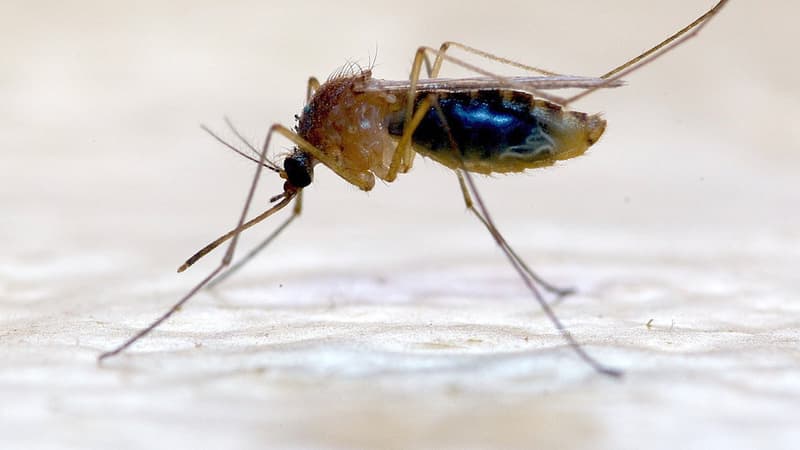When some experience difficult summer nights, others seem to be saved. A new study, conducted by researchers at Hopkins University in the United States, and published May 19 in the journal current biology, explains why mosquitoes are attracted to certain skins and avoid others. According to the researchers, it is all a matter of chemical agents emitted by the body.
A large stadium of 400 m²
While the question is not a new one, and researchers at Hopkins University, working in conjunction with Zambia’s Macha Research Foundation, are not the first to look at the issue, scientists here have decided to carry out a study of an unprecedented scale.
To do this, they have set up the largest open-air arena dedicated to mosquitoes. Installed in Zambia, it measures 400 m².
“We really wanted to develop a system that could study the behavior of malaria-transmitting mosquitoes in their natural habitat and mirror their native habitat in Africa,” Dr. Conor McMenimam, one of the study’s co-authors, told CNN.
The researchers actually choose a specific species of mosquito: Anopheles gambiae. If the name doesn’t tell you anything, it is the main mosquito that causes malaria, this infectious disease that killed some 619,000 people in 2021 and is especially widespread on the African continent. Therefore, the experiment should allow a better understanding of how to prevent the transmission of this disease.
6 guinea pigs sleep in nearby tents
In this big tent, about 200 such mosquitoes are deployed. They are all female, since the males do not have a sting and are therefore harmless. Near the main arena, six tents are installed and connected to the first one by a simple aluminum tube, in which, of course, mosquitoes can circulate.
Each tent houses a guinea pig responsible for spending six nights there. Objective: to observe, through an infrared camera, on which volunteers the mosquitoes choose to fix their gaze. The researchers also collect the body odor given off by each participant through a pump.
The six nights that have passed, the scientists discover that one participant has suffered significantly more than the others: mosquitoes have landed near him up to 160 times, compared to ten for the other people.
Because? Researchers have identified a set of 40 chemical compounds emitted by the body to explain it. More specifically, it was the carboxylic acids, produced in large quantities by this guinea pig, that attracted mosquitoes and made it difficult for him to sleep at night.
By contrast, the skin of the candidate most respected by insects emitted a large amount of eucalyptol, linked to its diet rich in plants.
Better understand malaria transmission
The discovery is not trivial. Beyond eradicating the simple nuisances caused by certain mosquitoes during the summer months, researchers hope to advance the fight against malaria.
“It involves a lot of suffering around the world and one of the reasons for this study was to really try to understand how malaria-carrying mosquitoes detect (bite) humans,” says Dr. Conor McMeniman.
“This discovery could lead to the creation of baits and lures that could be used in a trap system aimed at disrupting mosquito behavior and thus controlling malaria vectors in regions where the disease is endemic,” hopes scientist Edgar Simulundu, director of the Macha Research Foundation.
Source: BFM TV


